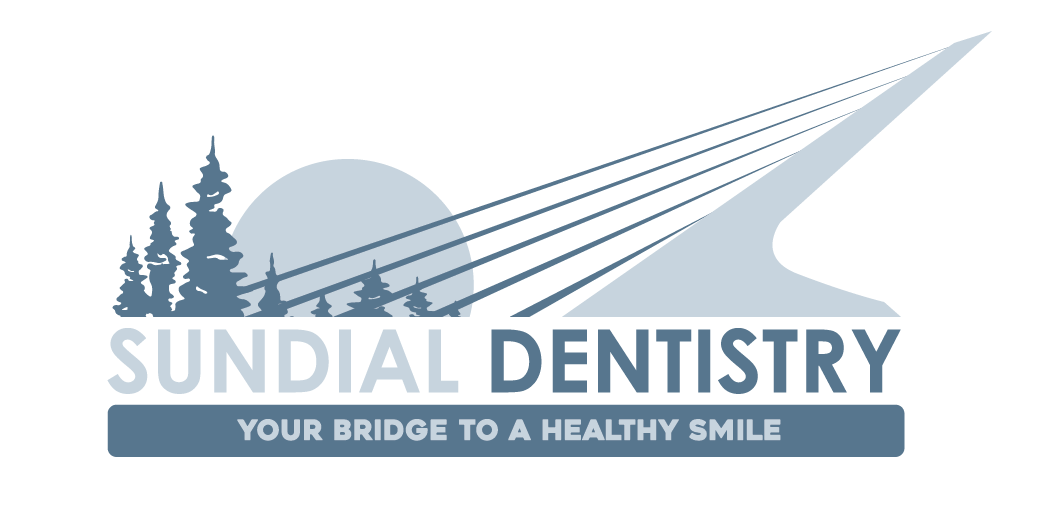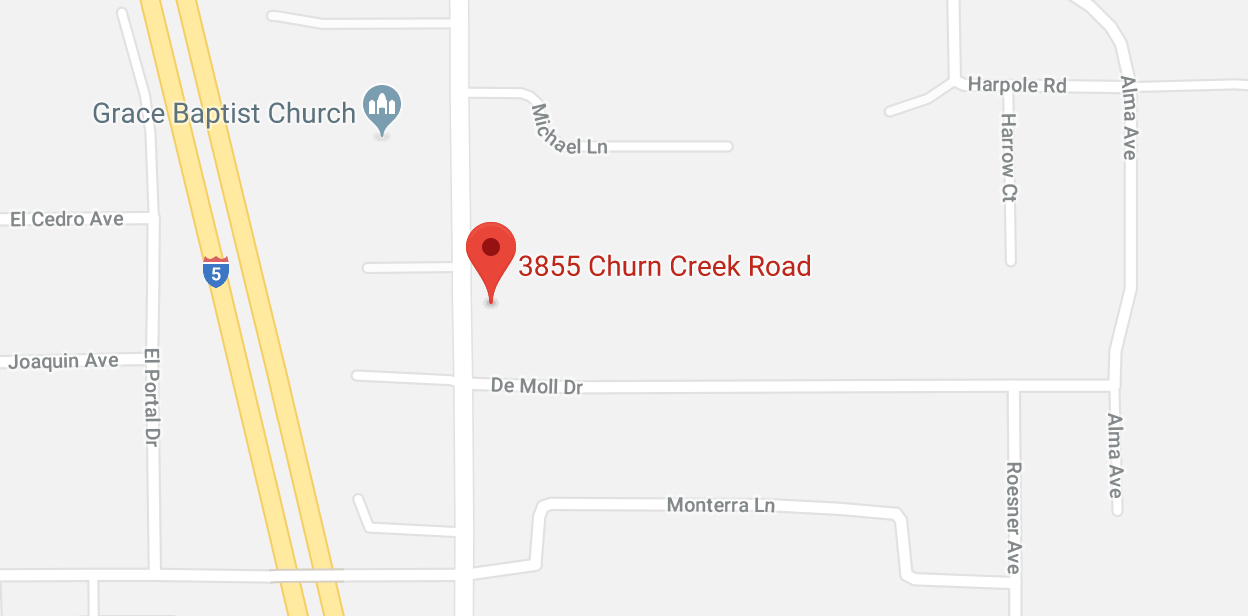Other Dental Issues
Call The Office
530-243-9425
Office Location
3855 Churn Creek Road Redding, CA 96002
Email Us
office@sundialdentistry.com
Bad Breath
What you eat affects the air you exhale. Certain foods, such as garlic and onions, contribute to objectionable breath odor. Once the food is absorbed into the bloodstream, it is transferred to the lungs, where it is expelled. The odors will continue until the body eliminates the food. People who diet may develop unpleasant breath from infrequent eating. If you don’t brush and floss daily, particles of food remain in the mouth, collecting bacteria, which can cause bad breath. Food that collects between the teeth, on the tongue
Bruxism
Bruxism, commonly known as ‘tooth grinding,’ is the process of clenching together and the grinding of the upper and lower teeth. During sleep, the biting force of clenched jaws can be up to six times greater than during waking hours. Most people don’t realize they grind their teeth during their sleep, however, through sleep studies people grind their teeth during a specific sleep stage and are completely unaware of it.
Bruxism can cause complications over the years:
– Wear down tooth enamel
– Break fillings or other dental work
– Worsening of TMJ dysfunction
– Jaw pain, toothaches, headaches, or earaches
– Tooth sensitivity
– Tooth mobility
– Chipped teeth
– Erodes gums and supporting bones contributing to gum disease
The most common procedure to help to alleviate pain and discomfort is a Nightguard. If you suspect a grinding or clenching problem, please ask us for more information and how we can help.
Dry Mouth
Saliva flow keeps the mouth moist and aids in chewing, swallowing, digestion and speech. Dry mouth is a condition from the lack of normal saliva flow.
Causes of dry mouth:
-
Dehydration
-
Emotional stress
-
Anemia
-
Related to surgery
-
Medical Conditions
-
Medication
-
Allergy
-
Anti-depressant
-
Blood pressure
-
Some
mouth washes that are high in alcohol content
Dry mouth symptoms:
-
Mouth feels sticky
-
Lips cracked and dry
-
Tongue may haveburning sensation
People who experience dry mouth are at high risk for developing cavities, gum disease
Helping dry mouth:
-
Chewing gum / lozenges
-
Humidifier at night
-
Maintaining good oral hygiene
Tooth Fractures
There are many types of cracked teeth. The treatment and outcome for your tooth
Unlike a broken bone, a fracture in a cracked tooth will never heal. Early diagnosis is important, even with high magnification and special lighting, it is sometimes difficult to determine the extent of a crack.
A crown will bind and protect the cracked tooth. When a crack reaches the tooth root, root canal treatment is frequently needed to treat the injured pulp. A cracked tooth that is not treated will progressively worsen, eventually resulting in the loss of the tooth.
Tooth Erosion
Tooth erosion is quite common. The typical causes include: food and beverages high in acid and sugar (soft drinks, fruit juices, candy, and energy drinks), Gastroesophageal reflux disease or GERD, Bulimia
Headaches
If you suffer from frequent head or facial pain, an incorrect bite may be the cause due to constant cranial muscle strain.
Headaches from dental stress are a type of muscle tension headache. A tension headache may be on one or both sides of your head and feels like a dull, non-throbbing ache that can usually be relieved by aspirin.
When you swallow, your upper and lower jaw muscles must hold your jaw firmly against the skull. Between swallowing over 2,000 times a day and a poorly aligned bite, the jaw muscles can overwork causing muscle strain which in turn leads to a headache.
People who suffer from migraine pain and chronic headaches clench their jaws in a balanced, centered position. This causes extremely intense muscular contraction, but little strain on the jaw.
Nighttime jaw clenching usually goes unnoticed but it sets the stage for migraine pain and chronic headache pain.
Pregnancy
We ask that our female patients who are pregnant or think they possibly could be to inform us prior to your x-ray examination and dental treatment.
Tobacco
You are probably familiar with the links between tobacco use and lung disease, cancer
Current studies have also established that tobacco smoking not only causes direct damage to your mouth but also makes periodontal diseases more damaging and harder to treat.
There is a greater incidence of calculus formation on teeth, deeper pockets between gums and teeth, more gum recession and more loss of the bone that hold teeth in your mouth. In addition, smokeless tobacco greatly increases your chance of developing oral cancer. Any tobacco
Chemicals in tobacco such as nicotine, which constricts blood vessels, slow down wound healing.
Other chemicals impair the function of your white blood cells which are your first line of defense against infection. The tars contain carcinogens which over time induce cell mutations and cancers.
Quitting tobacco use will lower the risk of your developing cancer and improve the health of your teeth and gums, as well as your heart and lungs.
Smokeless tobacco poses very serious problems including:
– Causes tooth decay
– Eats away your gums
– Leads to tooth loss
– Bad Breath
– Stains your teeth
– Causes oral sensitivity to hot and cold
–
If oral cancer is left untreated long enough, it may even cause death.
Traumatic Ulcer
It is not uncommon for children to inadvertently ‘bite’ on their lips or cheeks, particularly following a dental visit where local anesthetic was used. The main reason why this occurs is the natural curiosity that a child has about the area of the mouth that is ‘numb’. We try our best to explain to children that local anesthesia is temporary and we give them (and their parents) instructions on how to prevent ‘lip biting’. In the event that this occurs, please notify our office so we can determine if your son/daughter will require treatment (ie, antibiotics or pain medicine).
Our Services
General Checkups
Dental Implants
Restoration
Cosmetic Dentistry
Teeth Whitening
Orthodontic Care

Sundial Dentistry
United States
530-243-9425
Call The Office
Office Location
3855 Churn Creek Road Redding, CA 96002
